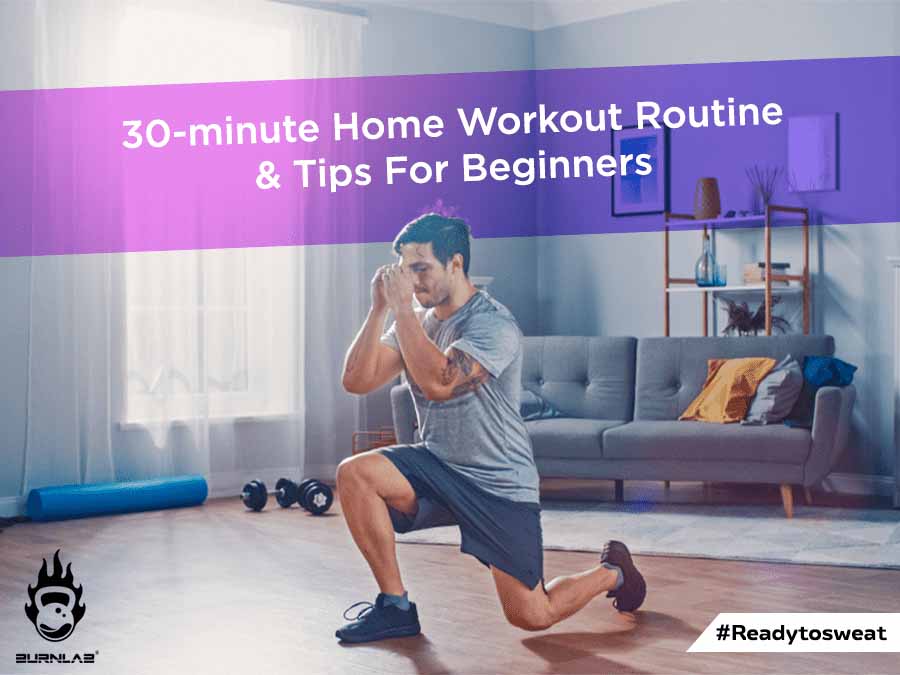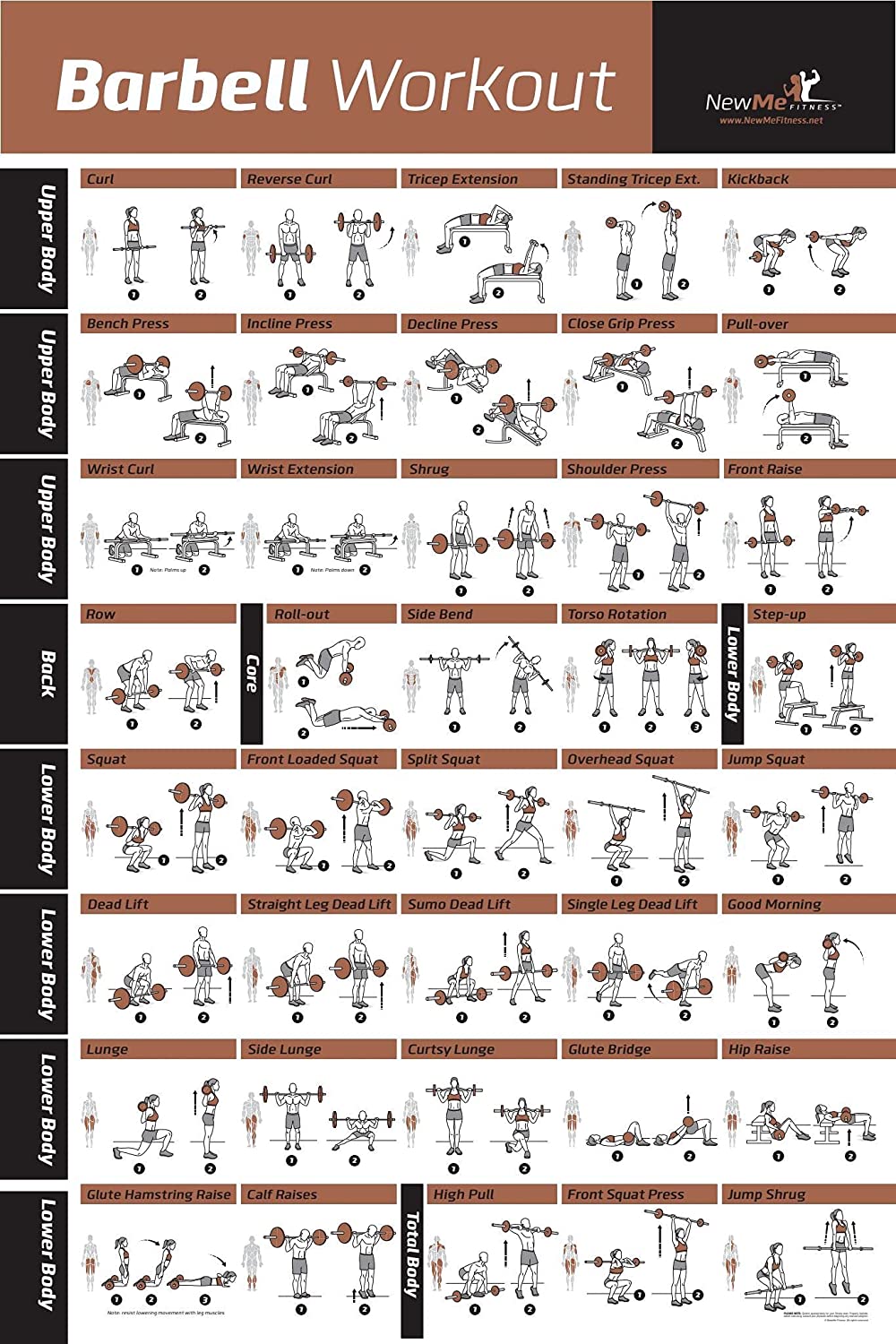
How often should you work out is an age-old question that's a hard one to answer for everyone, because it depends on your goals and your health. Exercise as much you can to keep healthy but also make sure you do not overtrain.
How many days should I workout a week?
It depends on the individual, but in general you should be working out four days a weeks. That's enough time to get a good full-body workout in each week and give your body enough time to rest and recover.
If you are new at working out or you haven’t worked out in some time, it’s best to start with short workouts, less than an hour. This will help you build up your strength and avoid burning out before you feel comfortable with longer workouts.

Once you get stronger, you may want to add two or three minutes more per session. This will allow you more time to do exercises per session.
What If I Have An Intense Workout
If you plan to do a lot of intense exercises, make sure you take a break so that you can stretch your muscles and recover. The American Council on Exercise says you should take at least a short break from your workout each day. You can also give yourself a rest day every week.
What If I Do a Moderately Intensive Workout?
Spending at least one hour in a gym is recommended for moderately intense workouts. This is enough time to get a good full-body strength-training workout in each week, and also give your body enough time to rest and recover.
How Often Should I Do a Full Body Workout?
Do a full-body exercise twice a week if you want to build muscle. It doesn't necessarily have to take two hours, but the workout should target all major muscle groups.

NF Coach Staciardison prepares her meals on Sundays and does her workouts in the evening or afternoon, because she is most able stick to her schedule at that time.
It's also a good idea to give yourself at least one day off in between each workout, especially if you're new to working out or if your schedule is busy. You can then give your body time to recover and relax between workouts, so you continue to see the results you want.
How Often Do I Need to Workout For Weight Loss?
It's crucial to get enough cardio every week if you want to lose weight. The Centers for Disease Control and Prevention recommends doing 30 minutes of cardio at least three times a week.
FAQ
What is Cardio Exercises?
Cardiovascular exercises are ones that make your heart and lungs work harder. Swimming, cycling, rowing, and jogging are all examples. These activities can help you lose weight and speed up your metabolism. These activities are great for staying fit because they strengthen your heart and lungs.
Why is physical exercise important?
Physical fitness is extremely important for our health. Regular exercise is essential for maintaining our health, weight, strength, flexibility, cardiovascular system, and overall well-being. Exercise also helps us sleep better at night, reduces stress, improves self-esteem, and increases energy levels throughout the day.
Does exercise cause me to gain weight?
Not at all. Exercise can actually help you maintain your weight. Exercise regularly will build muscles and increase metabolism. You'll burn more calories per day if you do. This means your body won’t store as much weight.
Which Is More Important: Exercise or Diet?
This depends on what you're trying to achieve. The most important thing to do if you are looking to lose weight is diet. For building muscle mass, exercise is key. Because it affects your performance during the day, sleep is the most important factor.
Are there any exercises I should not do?
Before beginning any new workout program, consult your doctor. Some people are unable to exercise due to injuries. Some activities may require special equipment, or training. Swimming, for example requires a swimming suit and access to the water.
Statistics
- According to the Centers for Disease Control and Prevention, chronic diseases cause 7 out of 10 deaths in the U.S., and treating chronic diseases accounts for 86% of U.S. healthcare costs. (mana.md)
- Adolescent girls were less active than adolescent boys, with 85% vs. 78% not meeting WHO recommendations of at least 60 minutes of moderate to vigorous intensity physical activity per day. (who.int)
- Globally, 81% of adolescents aged 11-17 years were insufficiently physically active in 2016. (who.int)
- An estimated 110,000 deaths per year could be prevented (cdc.gov)
External Links
How To
How to keep fit while pregnant
Your body experiences many changes when you are pregnant. Your metabolism slows down and your body eats less as you have a baby. Lack of sleep could make you feel sick. But there are ways you can keep yourself healthy while still enjoying this exciting time in your life!
First, consult your doctor before you begin any exercise program. They can tell you what exercises you should avoid and which ones are safe for you to do. Also, ensure you eat well all through your pregnancy. This includes eating plenty iron, fiber, and protein. Third, it is important to drink plenty. Since sweat causes fluid loss, it is especially important that you drink water while you exercise. Also, care for your feet. Make sure they're always dry and wear shoes that support them. You should eat breakfast if you are suffering from morning sickness. If you do not eat something small, you might feel nauseated.
-
Healthy eating habits are important. A healthy diet is vital throughout pregnancy.
-
Stay active. At least 30 minutes of exercise daily
-
Keep a healthy weight You can lose weight by eating smaller meals and snacks more often.
-
Get Enough Sleep. Each night, aim to get at least 7-9 hours of rest.
-
Manage Stress. Learn relaxation techniques.
-
Avoid Alcohol. It may cause miscarriage and birth defects.
-
Be gentle with yourself. Do not try to push yourself too hard.
-
Take care of your self. You can have someone look in on you if necessary.
-
Relax. Do the things that make your heart happy.